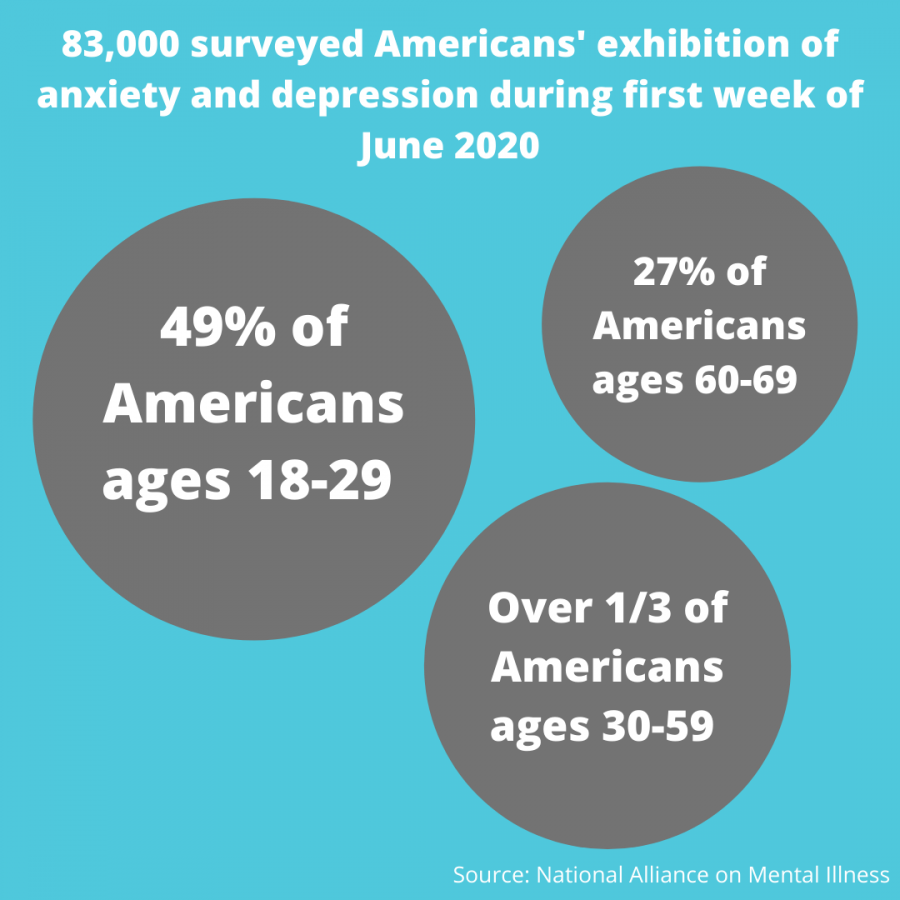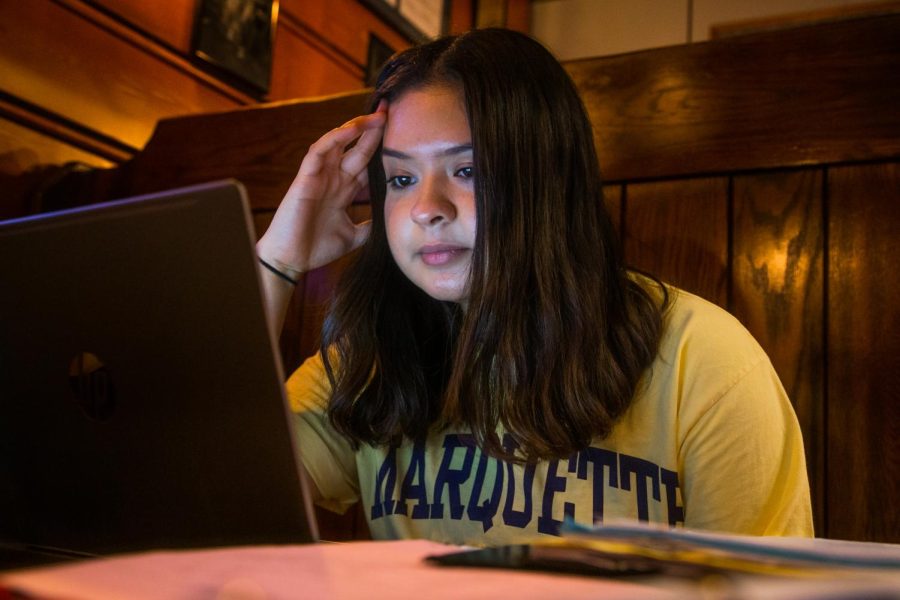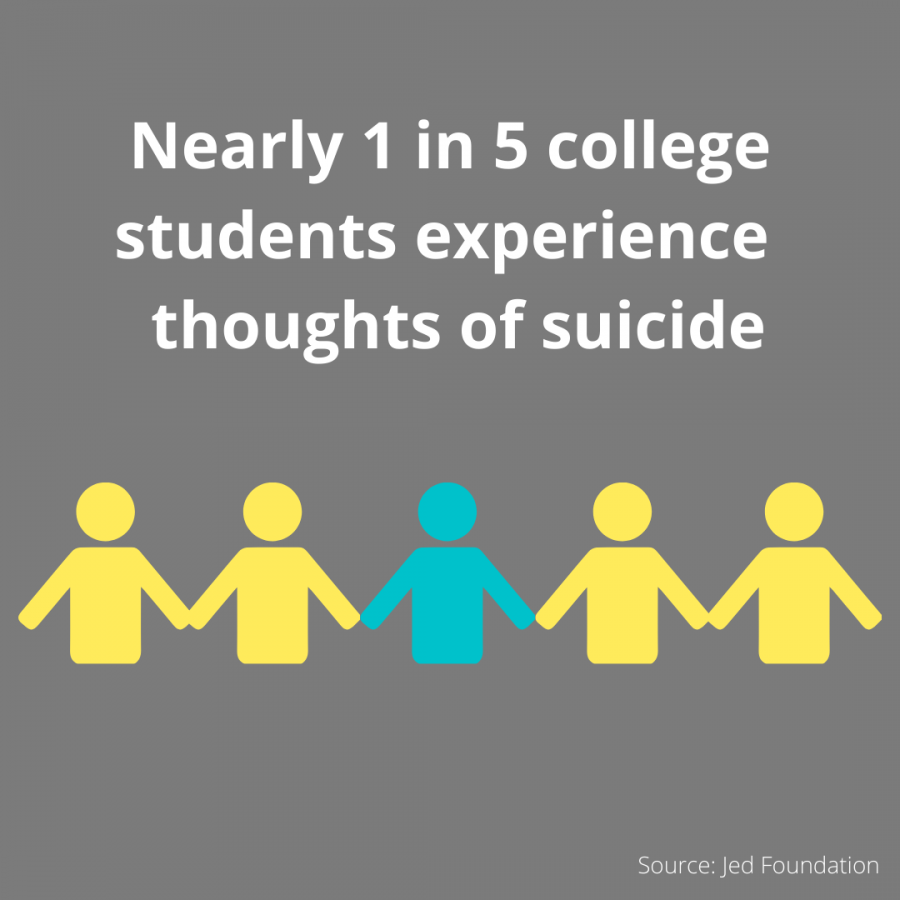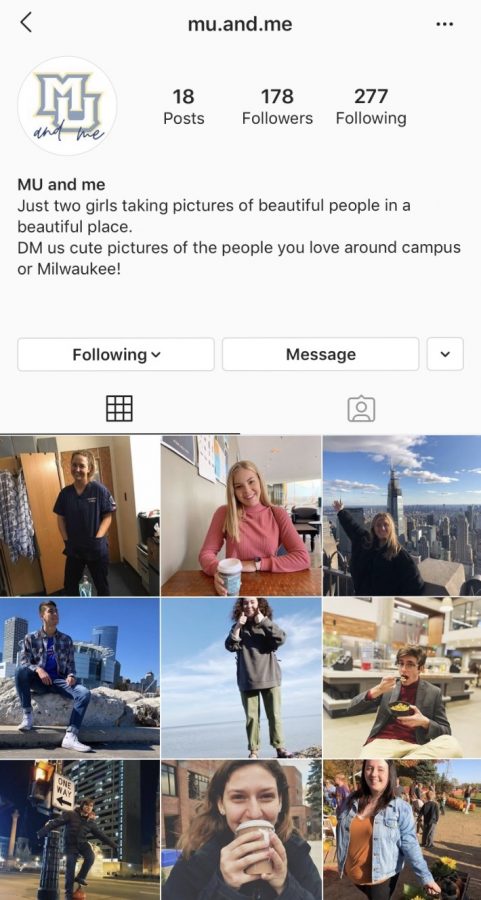As the COVID-19 pandemic continues to create personal challenges for Americans, many are trying to create their own normalcy rather than wait for the pandemic to end. This seeking of normalcy, such as through autonomous sensory meridian response videos, aids in the mental health crisis Americans are struggling with.
ASMR is often triggered by whispering, finger tapping or slow movements. The feeling that one may experience is a tingling that begin in the head, shoulders or spine before spreading to other areas of the body, ultimately creating a blissful sense of relaxation. While meditation may provide the same feeling, the difference is that meditation focuses on reflection whereas ASMR focuses on distractions. ASMR allows a person to climb out of their mind and into an environment of their choosing.
During quarantine, this was particularly useful because it allowed those who were struggling with the psychological and physical effects of isolation to feel some comfort. The tingling sensation experienced when watching ASMR is a tactile sensation. This means that for some, ASMR videos give them the same feeling as if they were being touched in a nonsexual way. Nonsexual physical interactions include hugs or even someone brushing the hair back from your face — ASMR provides the effects of physical interaction without actually interacting with someone.
Due to the pandemic, there has been a major demand for COVID-19 related ASMR videos. These videos include role-playing videos of teachers welcoming students back to school, college parties and even videos of people quietly studying. All of these are pandemic related and can provide a sense of normalcy to those who are seeking it.
This is necessary as America faces a mental health crisis. Nearly half of Americans between the ages of 18 to 29 exhibit symptoms of anxiety or depression, according to the National Alliance on Mental Illness. Many of the people experiencing these symptoms now did not have a previous diagnosis of a mental illness — these issues seemingly stem from the pandemic. Women, Black and Latino Americans and those without a bachelor’s degree are far more likely to experience anxiety and depression. This is not surprising seeing as how Black and Latino Americans are dying at alarming rates from COVID-19. As for women and those without bachelor’s degrees, they have been more likely to lose their jobs and find themselves struggling.
These groups of people may benefit from watching ASMR videos. For instance, Americans experiencing unemployment or even being forced to work from home may benefit from ASMR videos that help emerge them back into similar work environments. While this does not solve the underlying COVID-19-related problems these communities are facing, it could provide inspiration and hope.
Not only has the pandemic in general been anxiety-inducing, but the arrival of the vaccine has brought even more anxiety to the forefront. Vaccine anxiety and apprehension is another area that ASMR creators are addressing. There are countless videos of vaccine ASMR, which walk the audience through what it is like getting a vaccine. This is helpful because if a person struggling with vaccine anxiety can experience virtually how it would go, it would not only help with creating a less anxiety-inducing feeling surrounding the vaccination, but also aid in even getting more people to get vaccinated.
All in all, ASMR is a great escape from the mental health crisis brought about by the pandemic. I acknowledge that it is not everyone’s thing and may even seem odd but understanding that ASMR is a viable option to combat mental health issues is important to understand. It is also essential to acknowledge that ASMR videos are a temporary solution to our main goal which is to return to pre-pandemic times so that we do not have to experience it virtually.
This story was written by Hope Moses. She can be reached at [email protected]








